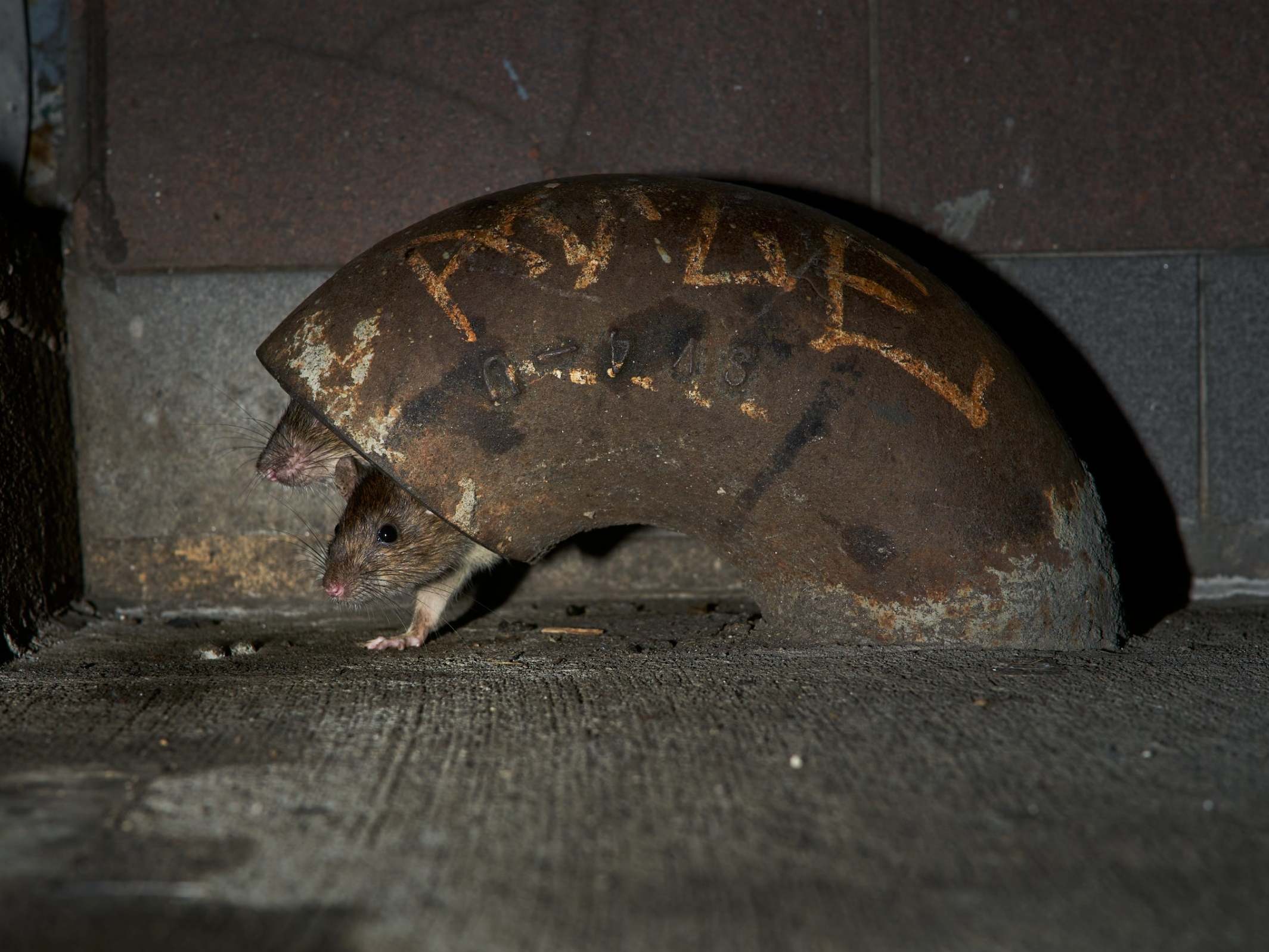Coronavirus: Starving cannibal rats in search of new food sources becoming 'aggressive', CDC warns
After turning on their children, city rats are now engaging in 'unusual' behaviour as trash disappears from densely populated areas

Your support helps us to tell the story
From reproductive rights to climate change to Big Tech, The Independent is on the ground when the story is developing. Whether it's investigating the financials of Elon Musk's pro-Trump PAC or producing our latest documentary, 'The A Word', which shines a light on the American women fighting for reproductive rights, we know how important it is to parse out the facts from the messaging.
At such a critical moment in US history, we need reporters on the ground. Your donation allows us to keep sending journalists to speak to both sides of the story.
The Independent is trusted by Americans across the entire political spectrum. And unlike many other quality news outlets, we choose not to lock Americans out of our reporting and analysis with paywalls. We believe quality journalism should be available to everyone, paid for by those who can afford it.
Your support makes all the difference.Having already resorted to cannibalism and infanticide, rats in cities across the US have reportedly started behaving even more "unusually" as they branch out in search of new food sources during coronavirus lock-downs.
The Centres for Disease Control and Prevention issued a warning of "unusual or aggressive" rodents in areas with restaurants, bars and other commercial establishments closed over a prolonged period to slow the spread of Covid-19.
"Community-wide closures have led to a decrease in food available to rodents, especially in dense commercial areas," the CDC said.
"Some jurisdictions have reported an increase in rodent activity as rodents search for new sources of food. Environmental health and rodent control programmes may see an increase in service requests related to rodents and reports of unusual or aggressive rodent behaviour."
The warning of a further escalation in rodent aggression comes after starving rats were reported to be at war with each other in the early days of the coronavirus lockdowns of early April.
Bobby Corrigan, a rodentologist who specialises in vermin, told NBC News that rats were fighting to the death for who would survive.
"A new 'army' of rats comes in, and whichever army has the strongest rats is going to conquer that area. When you're really, really hungry, you're not going to act the same -- you're going to act very bad, usually."
"So these rats are fighting with one another, now the adults are killing the young in the nest and cannibalizing the pups."
It has been over a month since the rodents began eating their babies, and the CDC is now urging health practitioners to advise residents and business owners on how to keep the roving rat packs out of homes as they search for new food sources.
"Preventive actions include sealing up access into homes and businesses, removing debris and heavy vegetation, keeping garbage in tightly covered bins, and removing pet and bird food from their yards," the CDC said.
Among the rodent-borne illnesses directly transmitted by rats are the plague, rat-bite fever, salmonellosis, and Weil's disease.
At a press conference in March, New Orleans Mayor LaToya Cantrell said the lockdowns were "driving our rodents crazy" with a viral video showing a swarm of rats scurrying through an empty Bourbon Street.
"And what rodents do, they will find food and they will find water. That puts our street homeless in dire, dire straits. And that's why I'm so laser-focused on it right now," she reportedly said.
In Chicago, there have been reports of infestations in housing blocks as rats scour the city in search of food.
In New York, however, rat complaints are down across the city since the coronavirus lockdowns began, with the NYC Health Department resuming its pest control work in areas with high rat activity.
Join our commenting forum
Join thought-provoking conversations, follow other Independent readers and see their replies
0Comments